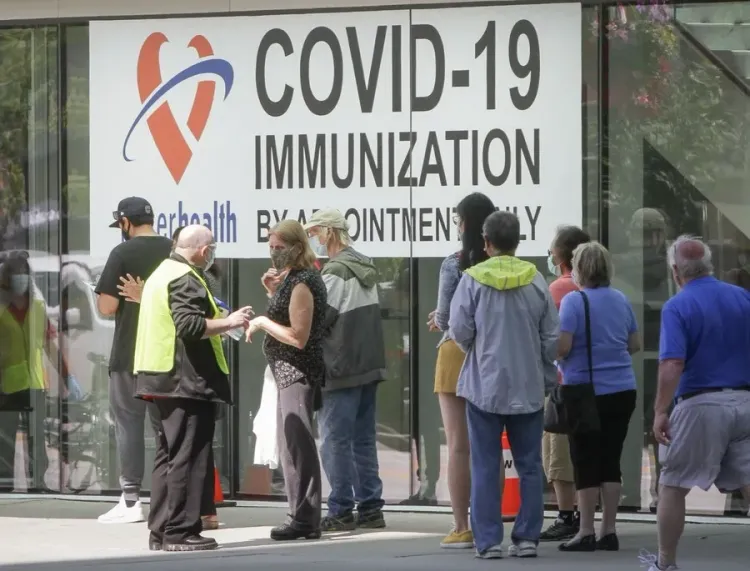Did Vaccines Really Save Over 2.5 Million Lives from Covid Worldwide?

Synopsis
Key Takeaways
- Vaccines prevented over 2.5 million deaths worldwide.
- Approximately 82% of saved lives were vaccinated prior to virus exposure.
- Vaccines saved 14.8 million years of life.
- The majority of lives saved were those aged 60 and above.
- Children and young adults contributed minimally to the total benefits.
New Delhi, July 26 (NationPress) A recent study indicates that vaccines have successfully prevented more than 2.5 million fatalities attributed to SARS-CoV-2, the virus responsible for Covid-19 infections, across the globe.
Conducted by researchers from the Catholic University of the Sacred Heart in Italy, the analysis revealed that a single Covid-related death was averted for every 5,400 vaccine doses administered.
Notably, around 82 percent of the lives preserved by vaccines were individuals who had been vaccinated prior to exposure to the virus, with 57 percent during the Omicron wave, and 90 percent concerning people aged 60 and above.
The findings, published in the journal Jama Health Forum, also highlighted that vaccines have collectively saved 14.8 million years of life (equating to one year of life saved for every 900 doses administered).
According to researcher Dr. Angelo Maria Pezzullo and Dr. Antonio Cristiano, "While previous studies have attempted to estimate lives saved by vaccines using various models and time frames, ours is the most extensive as it utilizes global data, encompasses the Omicron period, accounts for years of life saved, and is based on fewer assumptions regarding pandemic trends."
For this study, experts analyzed global population data, employing a range of statistical methods to determine who contracted Covid either before or after vaccination, and before or after the Omicron period, alongside the associated mortality rates.
Dr. Pezzullo elaborated, "We juxtaposed this data with modeled estimates assuming no vaccination occurred, enabling us to ascertain the number of individuals saved by vaccines and the cumulative years of life gained."
Interestingly, the majority of the saved years of life (76 percent) were linked to individuals over the age of 60, while residents of long-term care facilities accounted for just 2 percent of the total.
Children and adolescents represented a mere 0.01 percent of lives saved and 0.1 percent of life years saved, with young adults aged 20–29 contributing 0.07 percent of lives saved and 0.3 percent of life years saved, the researchers noted.










